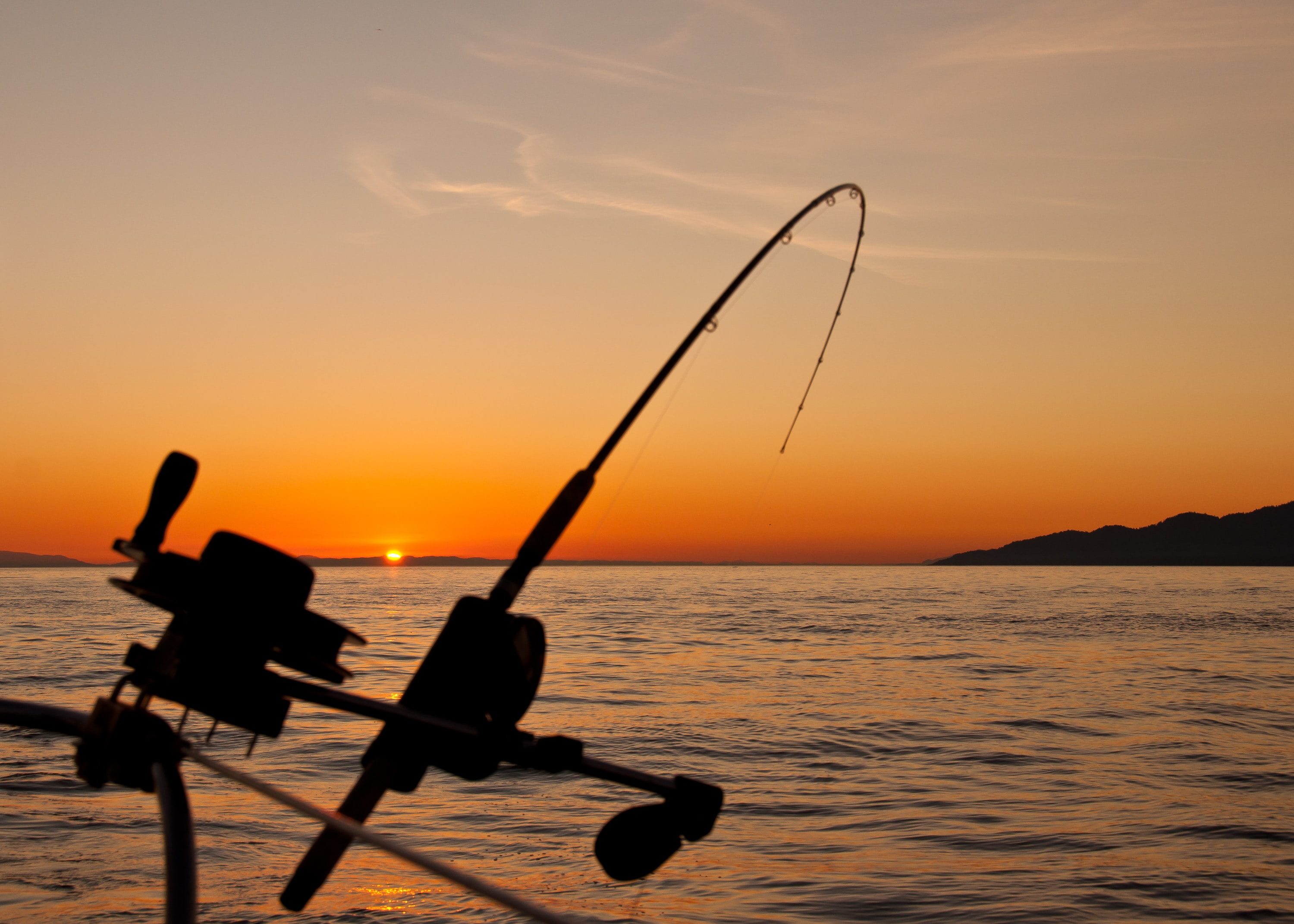
Night boating can be an enjoyable way to cruise the waterway once the sun goes down, especially if you’re boating in Bundaberg (and get to explore the Great Barrier Reef!). As most people are getting ready for bed or are already asleep, there is hardly any activity on the water, creating a sense of serenity and relaxation. While overnight cruising is an experience unlike any other, there are certain challenges to be aware of as you navigate the water. Here are some tips to help you enjoy your trip:
Know Your Route
First, it is important to do some research before boating at night. Do you plan on cruising a lake, river, bay, or ocean? Depending on the waterway, you may need to adjust your approach. Likewise, how far do you plan on cruising and where do you plan to dock your boat? It is important to know your surroundings since there may be obstructions you cannot see when it’s that dark on the water.
Overnight cruising tends to be best on rivers, as they provide many places to stock up on supplies, dock, and refuel. If you need to park your boat, make sure you are anchored in a safe space, such as a small cove.
Lastly, you need to determine which boat will be the most ideal for your boating trip. Sportfishing yachts, power cruisers, cabin cruisers, and sailboats are a few of the best boats to use for overnight cruising.
Prepare All Items and Equipment Necessary for the Cruise
Once you have decided on the body of water, watercraft, and route you are taking, make sure you pack the correct supplies for your journey. The last thing you would want on your adventure is to be in the middle of a waterway without your essentials. In addition, make sure the mechanics and electronics of your boat are functioning correctly. Check all the components in your boat that are crucial for your night cruising such as your outboard motor or an inboard engine, navigation and communication electronics, running lights, and emergency tools such as first aid kit, flashlights, headlamps, and emergency flares
Practice anchoring, docking, and tying off your boat during the day before attempting it at night. If possible, practice these techniques at the location you plan to dock after overnight cruising. If you’ll be boating for several days and nights in a row, make sure you’re also stocked up on food, fuel, blankets and clothes, extra batteries, and emergency maintenance supplies in case you have to make an on-the-water repair.
Practice Safety When You’re Already Out in the Water
Once you are out on the water at night, allow your eyes to adjust to the darkness. Since visibility is reduced, it is important to slow down in case you approach any obstacles. Likewise, judging distance is often difficult in dark environments, so slowing down allows you to make better decisions as reaction times tend to be slower at night. Keep your onboard lights at a minimum, as ambient light can affect your judgment while cruising the dark waters. Consider using flashlights equipped with a red filter to preserve vision. Additionally, try to refrain from using your boat’s headlights, and only use your docking lights when arriving at a destination such as a dock or another boat.
Rotate Lookout Duties to Every Person on Board
Depending on how long you plan to spend the night out on the water, it is beneficial for each passenger to rotate lookout duties. If one person spends their time as the lookout, they may become fatigued. It is important to perform 360-degree scans of the horizon every 10 to 15 minutes to ensure safety. Since your vision is limited, use your other senses to help guide you, especially your ears. It’s a good idea to turn off your stereo and listen for fog horns, bells, or other approaching boats.
Use Your Navigation Instruments
Additionally, since your eyes can be deceiving at times, especially in the dark, utilize your Chart plotter. It is particularly beneficial if you update your Chart plotter before you decide to night cruise. This will help ensure trust in your instrumentation, so you do not second-guess yourself while you’re on the water. You can obtain a Chart plotter in marine shops.
Bring Comfortable Outerwear and Accessories
Once the sun goes down, the air temperature might be cooler than you are anticipating at night. It is beneficial to bring boating supplies and personal items suited for overnight trips such as light jackets, extra towels, blankets, and portable space heaters to keep you and your passengers warm.
Overnight cruising can be challenging as you navigate the water with minimal visibility. With the correct game plan and preparation, you will be ready to take on the waterways at night. Make sure you take extra precautions when overnight cruising since the risks are always greater after dark. However, don’t let risks discourage you from taking overnight trips, it is an experience like no other and a great adventure to do at least once in your life.